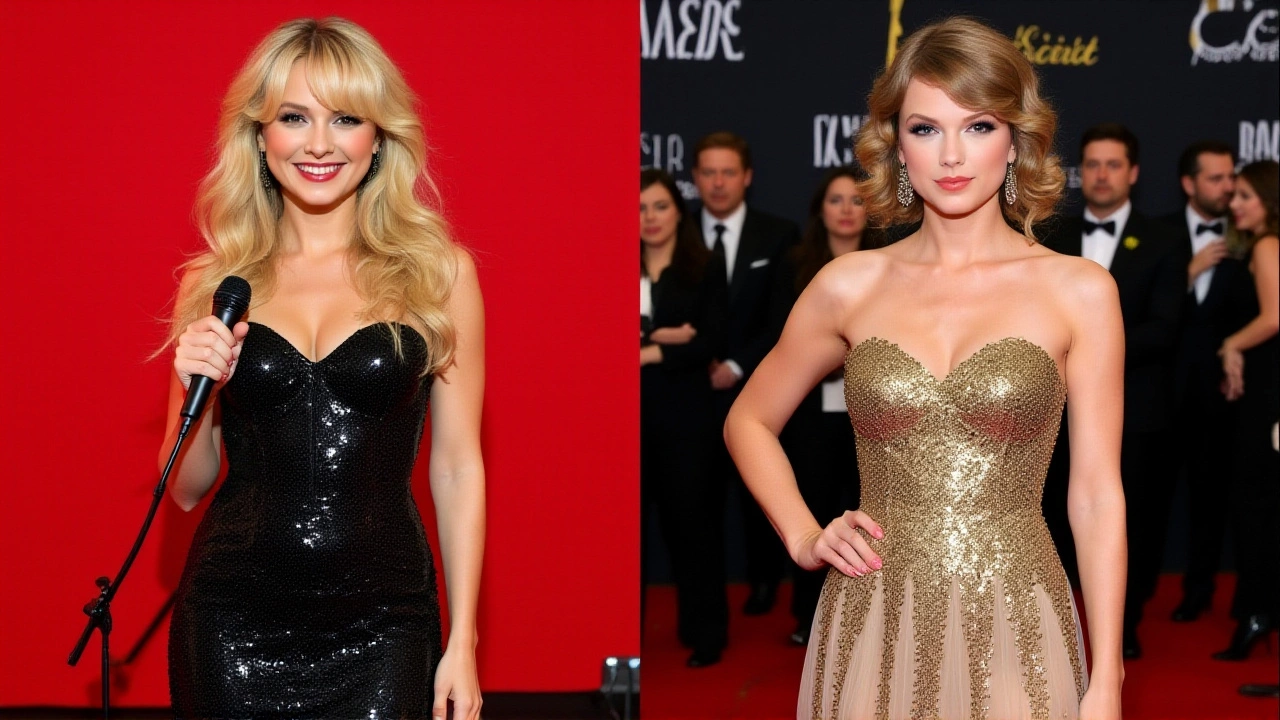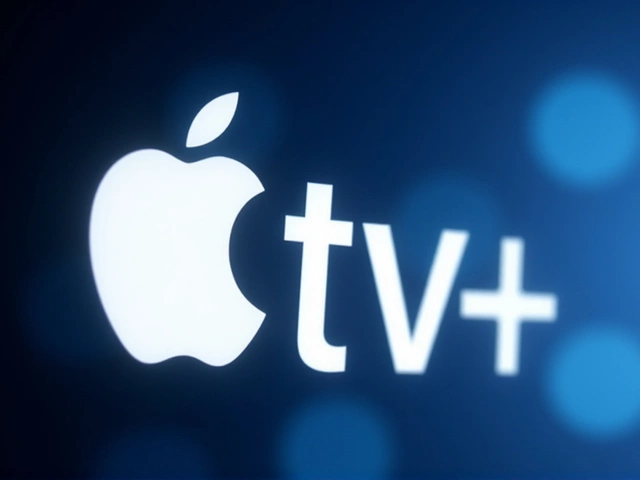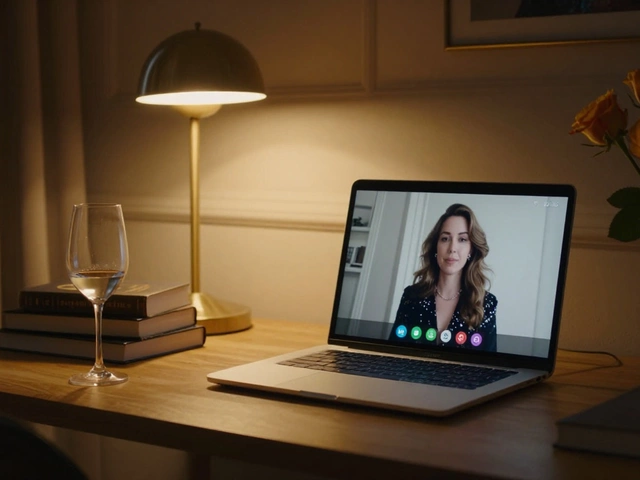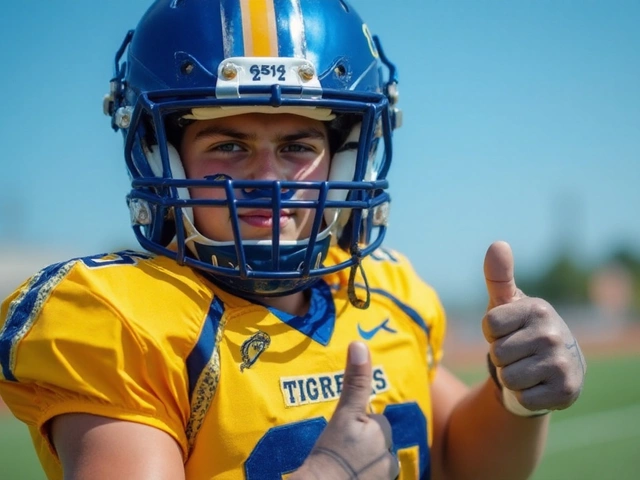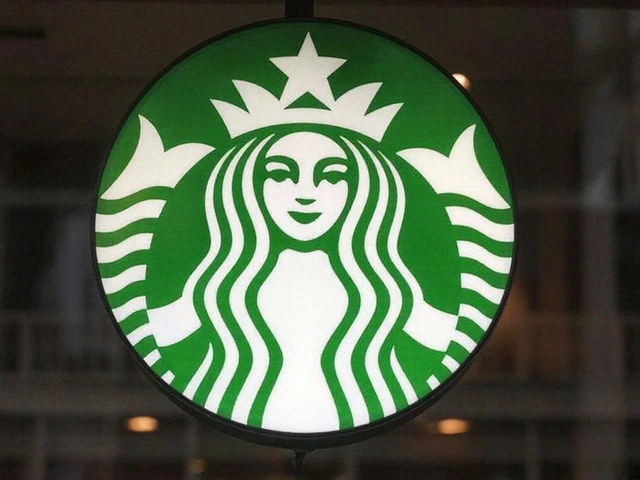When Sabrina Carpenter, singer‑songwriter of Hollywood Records dropped her seventh studio album Man's Best Friend on August 29, 2025, the cover art ignited a firestorm that has the internet buzzing like a broken speaker. The image—Carpenter on her knees, her hair transformed into a tight leash gripped by a faceless man—prompted accusations ranging from "satire gone wrong" to "straight‑up misogyny," and the backlash has been compared to the relentless criticism Taylor Swift endured in the mid‑2010s. Within 48 hours the lead single "Manchild" racked up 12.3 million streams on Spotify and landed at No. 12 on the Billboard Hot 100, but the numbers didn’t mute the controversy.
Background: Carpenter's Evolution
Carpenter burst onto the scene in 2014 with Disney‑powered pop anthems, but over the past decade she’s quietly pivoted toward edgier, dance‑floor‑ready material. Tracks like "Lie to Girls" and "Emails I Can't Send" earned her a reputation for lyrical depth, while recent singles such as "Juno" and "Bed Chem" flirted with brighter, ABBA‑inspired production. Fans who fell in love with the vulnerable side of her catalog have been split ever since she announced a new record that promised "a wild ride" and "no drama, just fun."
Early September 2025 saw a wave of TikTok videos—over 3,200 posts in the first week—where longtime followers dissected the album’s lyrical content, calling it "cheeky" but "lacking the emotional heft" they’d come to expect. One creator, @retroSabrina, summed it up: “It feels like a comedy sketch set to synths, not the heartfelt pop we fell for.”
The Album and Its Provocative Cover
The cover sparked the biggest debate before a single note had even been heard. Some commentators argued the leash metaphor was a tongue‑in‑cheek jab at gender power dynamics, while others saw it as a literal visual of "a man’s bitch." The ambiguity was intentional, according to Carpenter in a brief interview posted to Instagram Stories on September 2: "I wanted people to question who’s holding the leash, not just accept the image at face value."
Music critics quickly noted that the album’s sonic palette mirrors Carpenter’s previous pop‑centric hits, with ABBA‑style strings sprinkled over four‑on‑the‑floor beats. Songs like "My Man’s Willpower" and "We Almost Broke Up Again Last Night" riff on breakup tropes using witty one‑liners—"I get wet at the thought of you… being a responsible guy"—but the lyrical depth feels surface‑level compared to earlier ballads.
Fan and Critical Reactions
The response fell into three camps. First, the "defensive" crowd who praised the artist’s boldness. Music blogger Jenna Liu wrote, “Male pop stars freely flaunt sexual agency without a hint of a "bad feminist" tag. Carpenter is finally getting the same scrutiny, and that’s a sign of progress.”
Second, the "disappointed" legion, primarily on TikTok, lamented the album’s lack of introspection. A thread posted on September 5 amassed 1.1 million views, with fans noting that tracks such as "Sharpest Tool" and "Lonesome" from her 2022 EP offered “real emotional resonance.”
Third, the "mixed" critics who acknowledge the humor but call the project "half‑baked." In a review for Pitchfork, senior editor Dr. Lena Ortiz argued, “Carpenter’s satirical intent gets lost in production that leans heavily on gloss. The jokes land, but the punchlines feel shallow, leaving listeners unsure whether they’re hearing a parody or a genuine pop record.”
Despite the polarizing opinions, "Manchild" did earn a spot on the year‑end "Songs of Summer" shortlist, with the music video showing Carpenter as a desert femme fatale in sun‑bleached Polaroid tones, playfully sabotaging clueless admirers.

Industry and Cultural Impact
The episode highlights a persistent double standard. While male artists like Harry Styles and The Weeknd experiment with sensual imagery without triggering feminist critiques, women in pop still face a "gatekeeping" backlash that questions their artistic legitimacy whenever they dip into sexual or comedic territory.
Billboard’s senior analyst Marcus Hall noted that streaming metrics suggest a "curiosity spike"—the album saw 18 million U.S. streams in the first week, outpacing her previous release by 27 percent. Yet, the churn rate was high: 40 percent of listeners stopped after the first two tracks, hinting at a disconnect between hype and satisfaction.
From a business standpoint, the controversy may actually be a win. The dialogue generated over 12 million social media mentions within ten days, boosting Carpenter’s brand value and securing additional sponsorship offers from fashion labels keen to tap into the raw, unapologetic aesthetic she’s cultivated.
Looking Ahead: What’s Next for Carpenter?
Carpenter hinted at a possible acoustic re‑imagining of the album slated for early 2026, aiming to address the "depth" criticism. In a September 12 newsletter, she wrote, "I hear you. I’m planning something stripped down where the jokes can breathe with the verses. Stay tuned."
Meanwhile, industry watchers predict that the next tour—tentatively titled "Leash & Release"—will feature a mixed setlist blending the cheeky new tracks with beloved deep‑cut ballads, a strategy that could mend the rift between her evolving pop persona and the loyal fanbase that fell for her storytelling chops.
Frequently Asked Questions
How does the backlash affect Sabrina Carpenter's core fanbase?
Longtime fans, especially those who resonated with her earlier, introspective tracks, have expressed disappointment on platforms like TikTok, citing a perceived shift toward superficial humor. While streaming numbers remain strong, the churn rate indicates many listeners abandoned the album early, suggesting a potential split between casual listeners attracted by the hype and dedicated fans seeking lyrical depth.
What were the main criticisms of the album cover?
Critics argued that the leash imagery could be read as either a satirical jab at patriarchal control or as an unintentional visual of "a man's bitch." Some felt the intent was lost amid glossy production, while others praised the boldness for sparking conversation about gender roles in pop culture.
How does this controversy compare to the scrutiny faced by Taylor Swift?
Both artists encountered misogynistic commentary when embracing more assertive or sexualized aesthetics. Swift’s 2015 "bad‑bitch" narrative sparked similar debates about double standards, but her massive commercial clout muted much of the backlash. Carpenter’s relatively smaller platform means the critique amplified across social media, making the conversation more visible.
What does the streaming data say about the album's reception?
In its first week, Man's Best Friend logged 18 million U.S. streams, a 27 percent increase over Carpenter’s previous release. However, analytics from Spotify show a 40 percent drop‑off after the second track, indicating that while curiosity drove initial listens, many users didn’t stay engaged beyond the opening singles.
Will Sabrina Carpenter address the criticism in future projects?
Carpenter has hinted at an acoustic re‑work of the album and a setlist that blends new humor‑heavy tracks with older, emotionally richer songs. In a recent newsletter she promised "something stripped down where the jokes can breathe with the verses," suggesting a direct response to fans calling for more depth.
